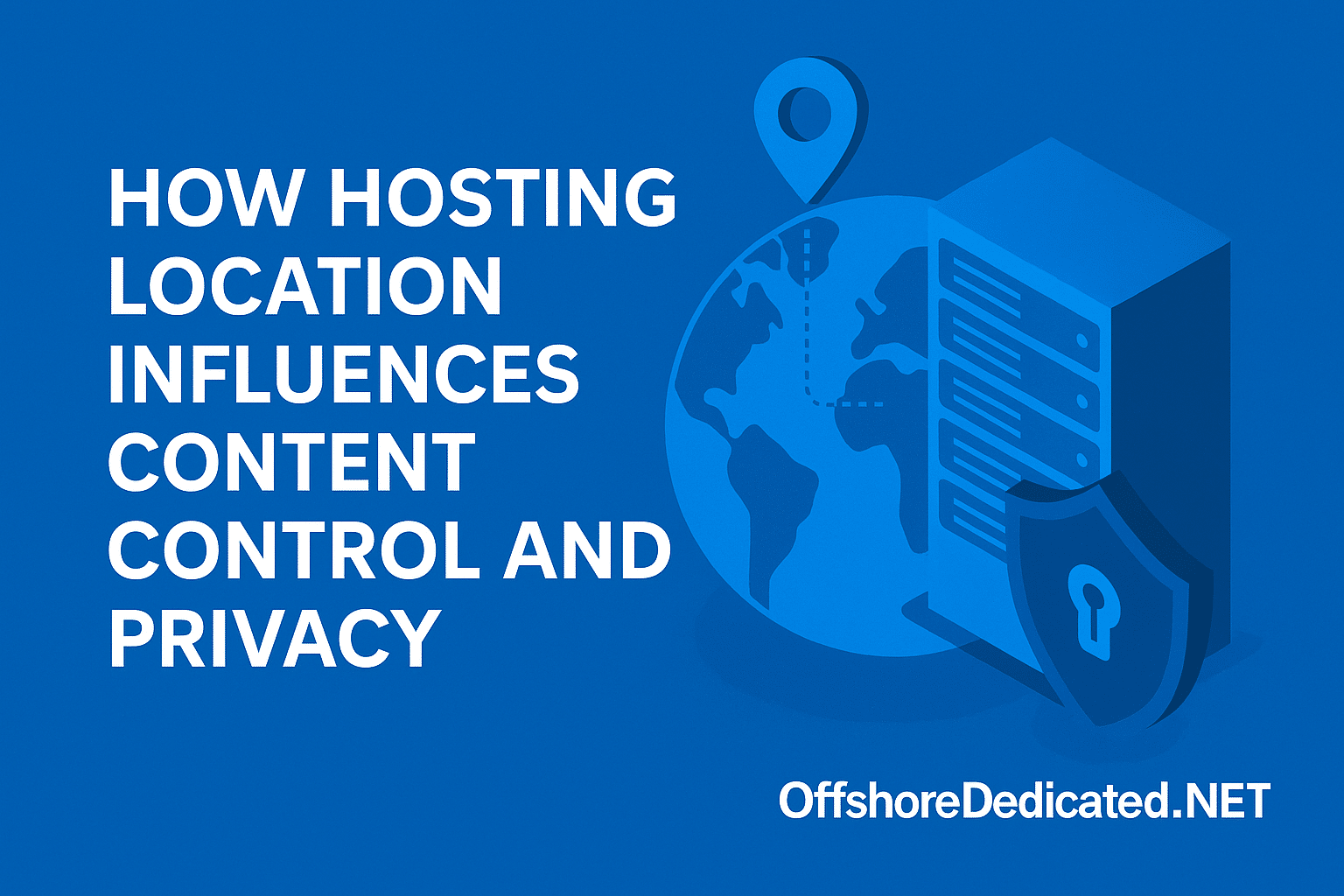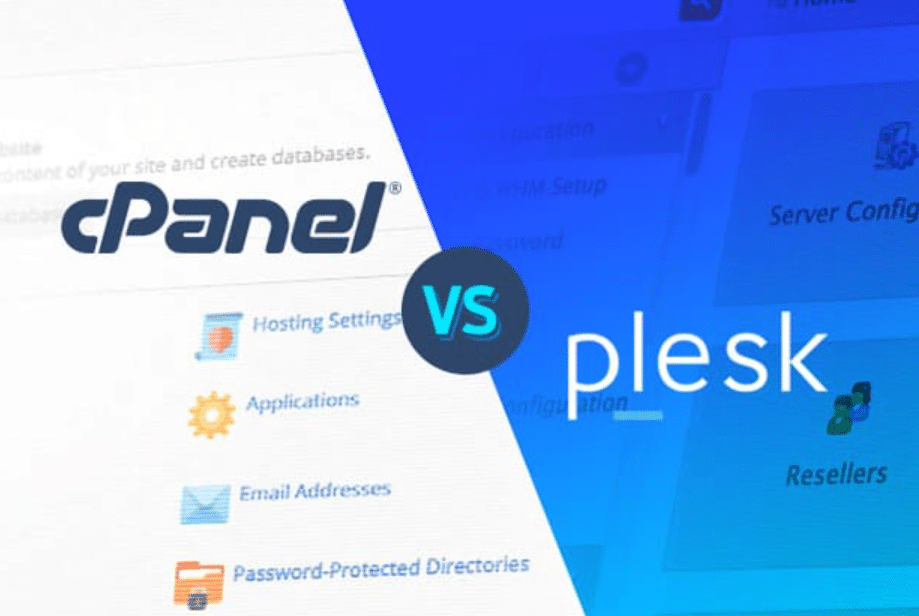Web hosting is an essential part of building a website. Plenty of people read about finding ways to get more exposure on the web, but do they know just as much about web hosting?
The two best web hosting options are shared hosting and VPS hosting. These options provide enough room for people to use web hosting in the way they like. It’s always best to choose a web hosting service that best fits the purpose of your website. Although they’re both offshore web hosting options, shared hosting and VPS hosting have their advantages and disadvantages.
Shared web hosting is more or less like sharing a space with another webmaster. It’s a hosting service allowing more than one webmaster to share storage on a single server. Shared web hosting is the most common form of web hosting—and it’s typically the first option many new webmasters choose. This hosting option is relatively inexpensive; many web hosting providers won’t charge hundreds per month for a webmaster to host their website via shared hosting.

Many web hosting providers offer easy-to-learn shared hosting features. Shared hosting packages commonly include simple management tools like cPanel, providing structure to a webmaster’s hosting space. It also allows them to organize web content and manage peripheral accounts.
On the other side of the web hosting spectrum, VPS hosting provides a more advanced hosting option for webmasters. VPS or virtual private server hosting is a virtual private server setup to accommodate specific customer requirements. A VPS service uses a shared server split into more than one virtual servers using virtualization software. These servers are completely managed by the software itself.
VPS hosting software can be adjusted to a webmaster’s suggested requirements. Sometimes, a web hosting provider may provide additional hardware-based resources to a website if requested. This allows many high traffic websites to avoid sudden crashes and other performance issues from sudden spikes in web traffic.
The truth is: both web hosting options do have their advantages and disadvantages. Shared hosting is great for beginner webmasters or webmasters working with a small pool of available resources.
VPS hosting works best for webmasters with websites requiring a more robust server and/or more resources, particularly if they get a lot of web traffic each month.
VPS hosting may be more expensive for people just starting out, so it’s best for them to stick with a shared hosting provider. If they need more resources though, VPS hosting may work best.




